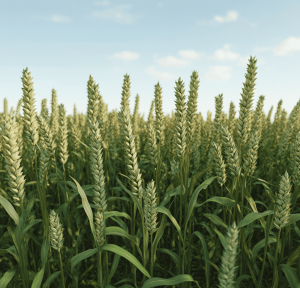Yes, Chitosan Oligosaccharide (COS) can activate plant responses. They are known to stimulate various physiological and biochemical processes in plants, thereby promoting growth and increasing resistance to stress and disease. Here are some key points about how chitosan oligosaccharides activate plant responses:
Chitosan oligosaccharide activates plant response
Introduction of defense mechanism:
COS can trigger the plant’s innate immune system, thereby activating defense-related genes. This leads to the production of pathogenesis-related proteins and other antimicrobial compounds that help plants fight off pathogens.
Promote growth and development:
 |
Chitosan oligosaccharide improves growth by promoting cell division and elongation. They also promote root development, which improves nutrient and water uptake. |
Stress resistance:
COS can help plants cope with abiotic stresses such as drought, salinity and extreme temperatures. They can enhance physiological responses such as osmoregulation and antioxidant activity, thereby protecting plants from stress-induced damage.
Regulation of metabolic pathways:
| Chitosan oligosaccharides can affect various metabolic pathways, including those involved in energy production and nutrient assimilation. This regulation improves the overall health and productivity of the plant. |
Signaling molecules:
COS can act as a signaling molecule that communicates with plant cells, triggering specific responses that enhance growth and resistance to environmental challenges.
In conclusion
In summary, chitosan oligosaccharides indeed activate plant responses by inducing defense mechanisms, promoting growth, enhancing stress tolerance, and modulating metabolic pathways. Their use in agriculture helps plants to be healthier and improve their ability to withstand disease and environmental stress.
For more information, please feel free to contact us:Info@g-teck.net
Post time: Nov-12-2024




